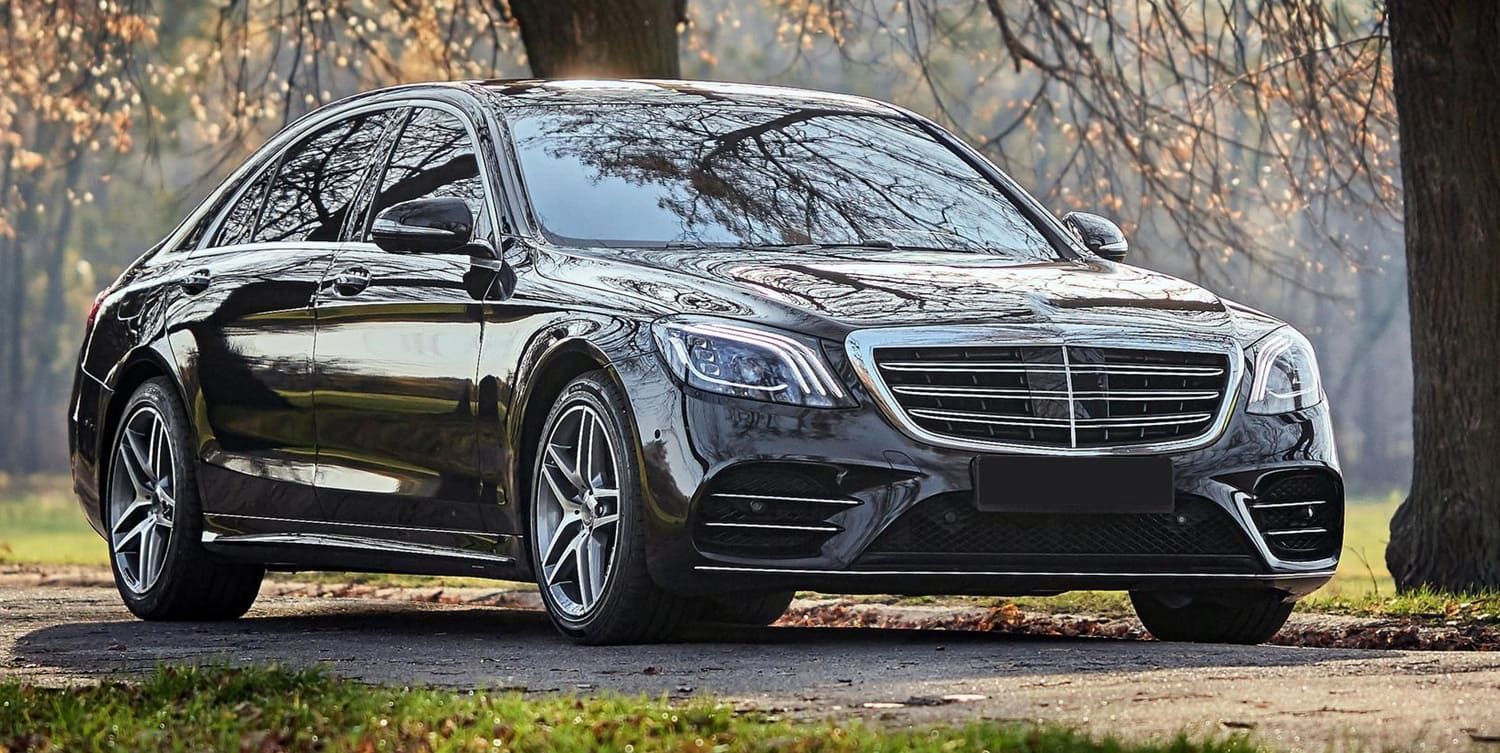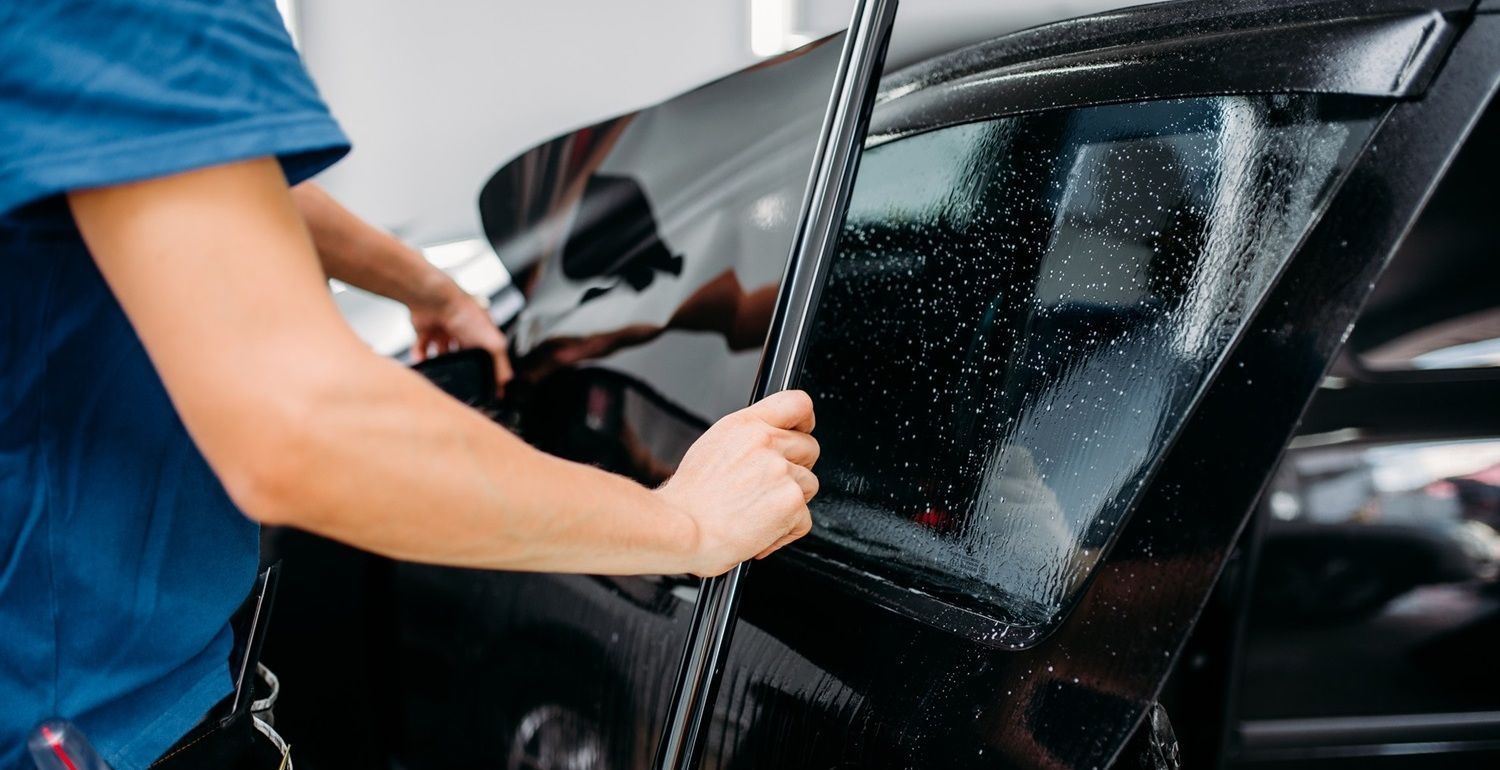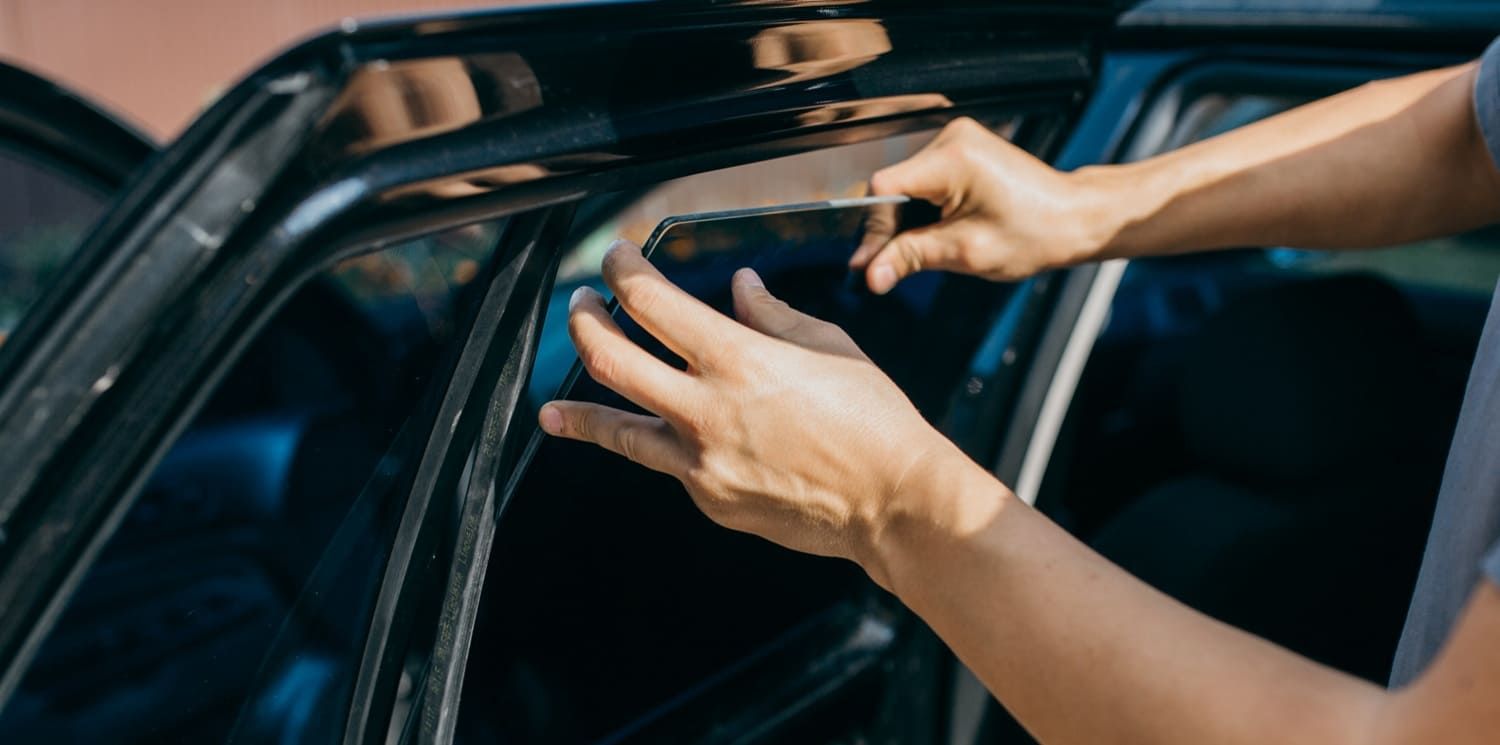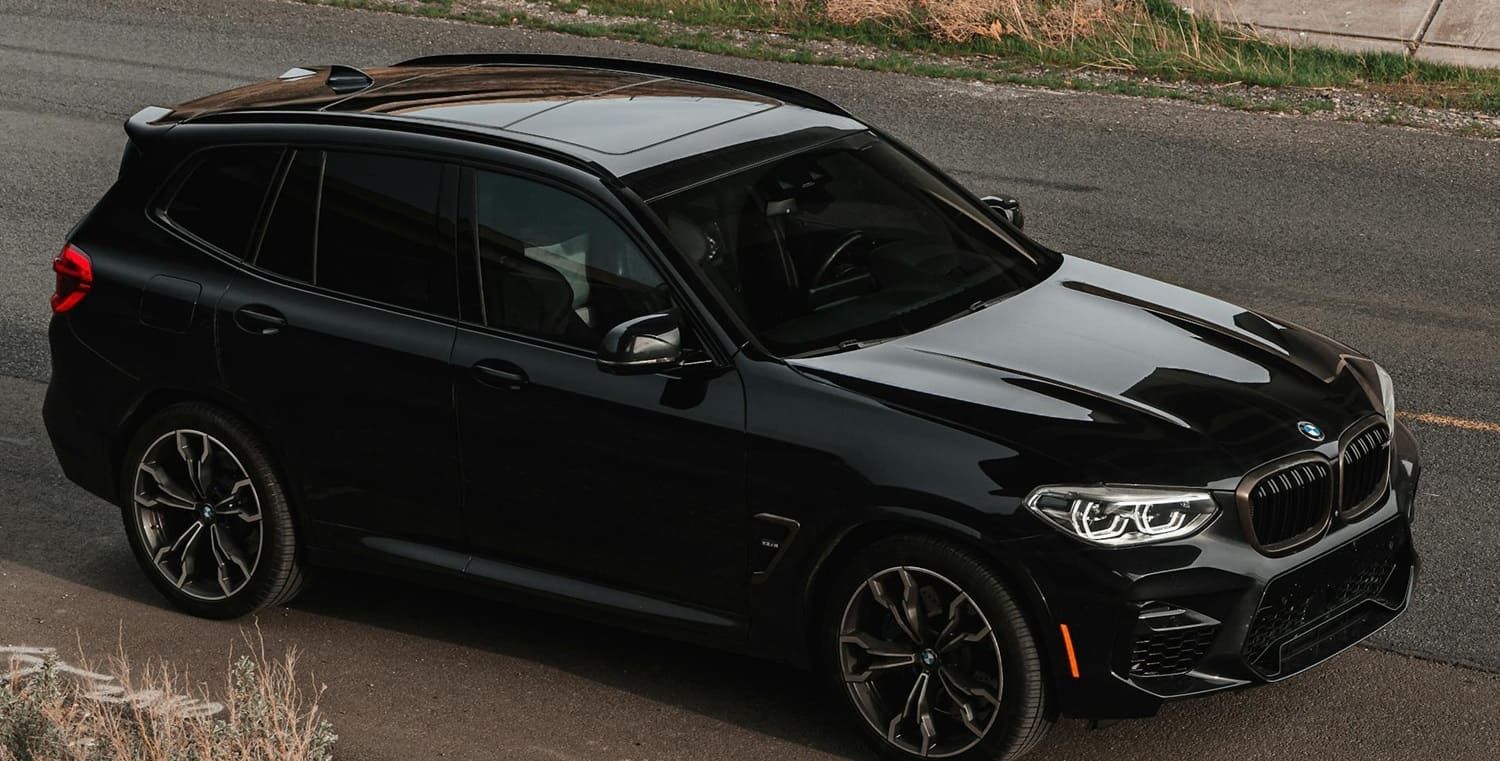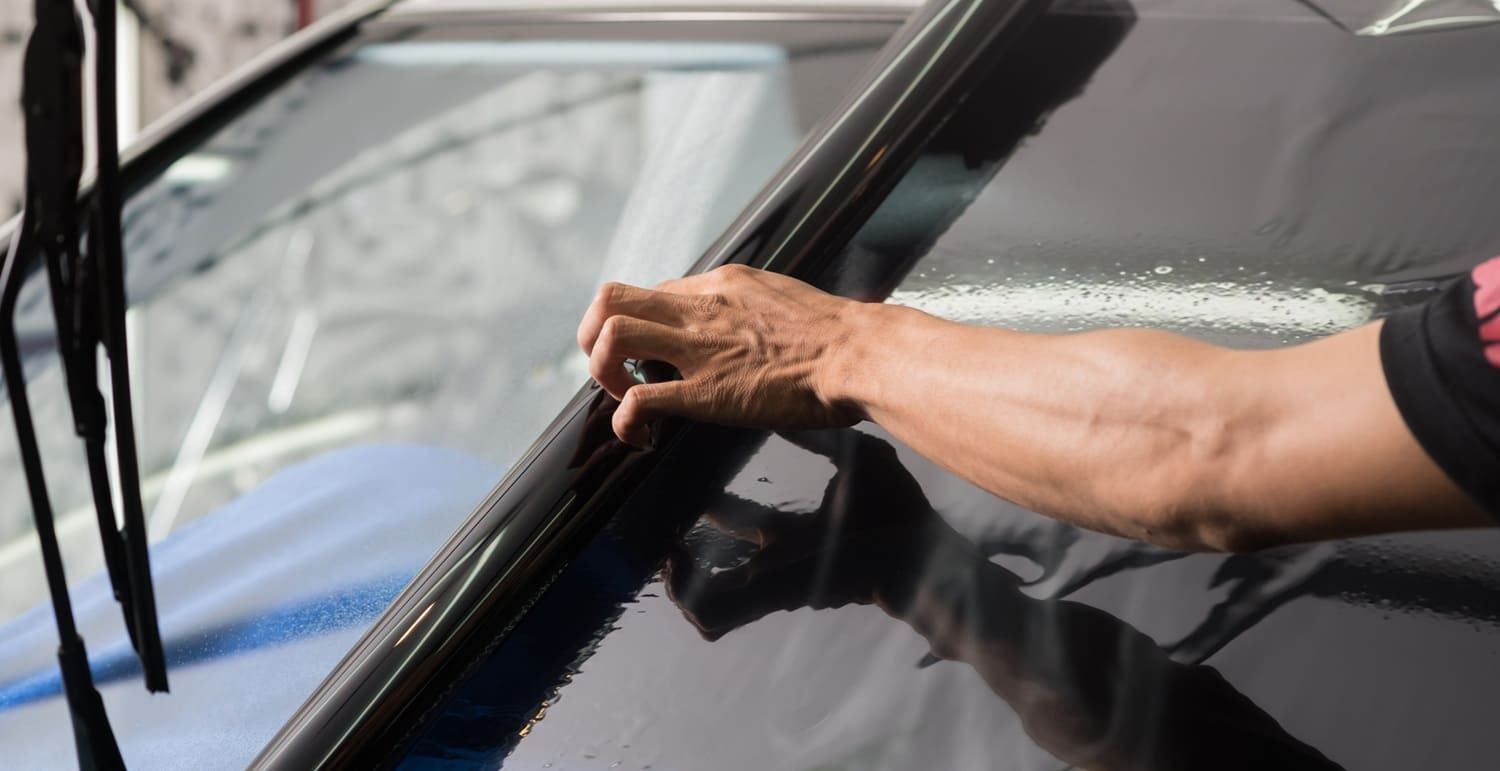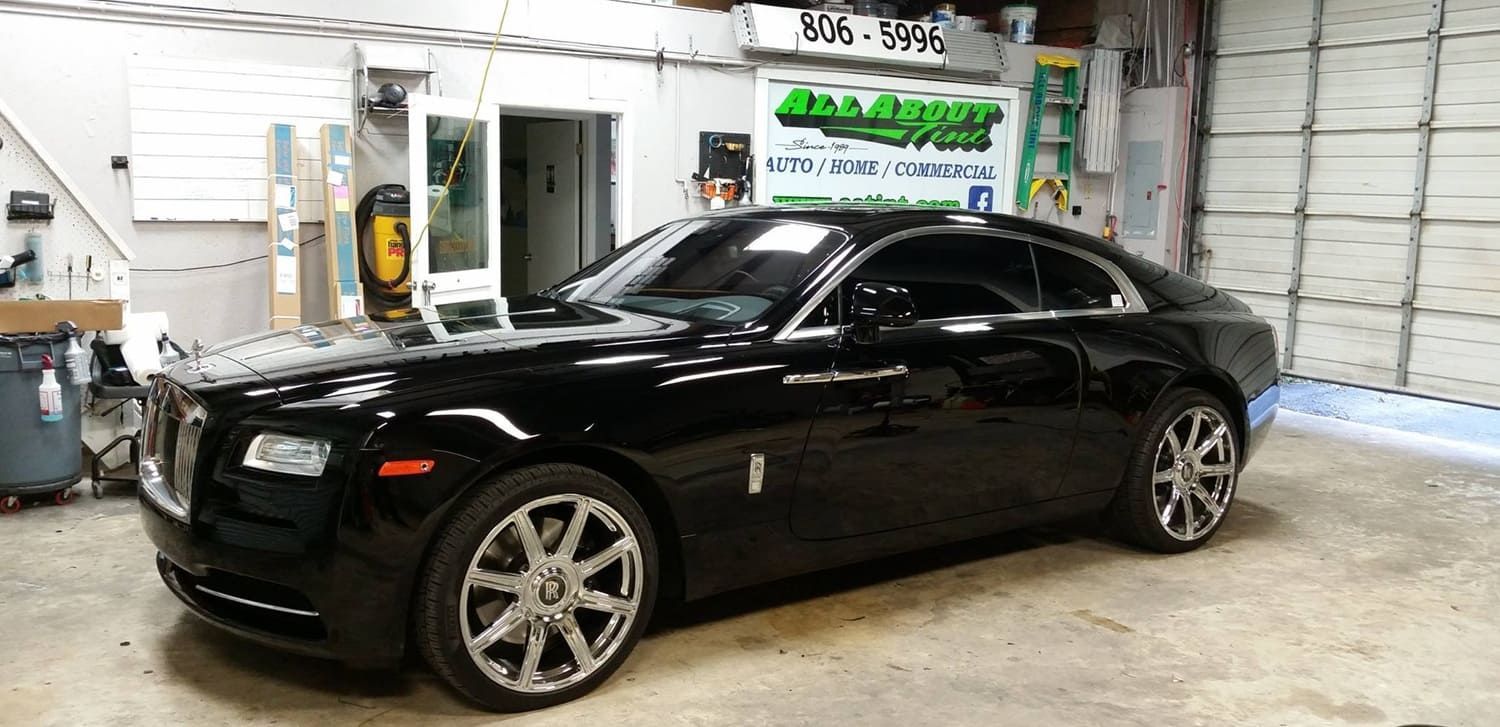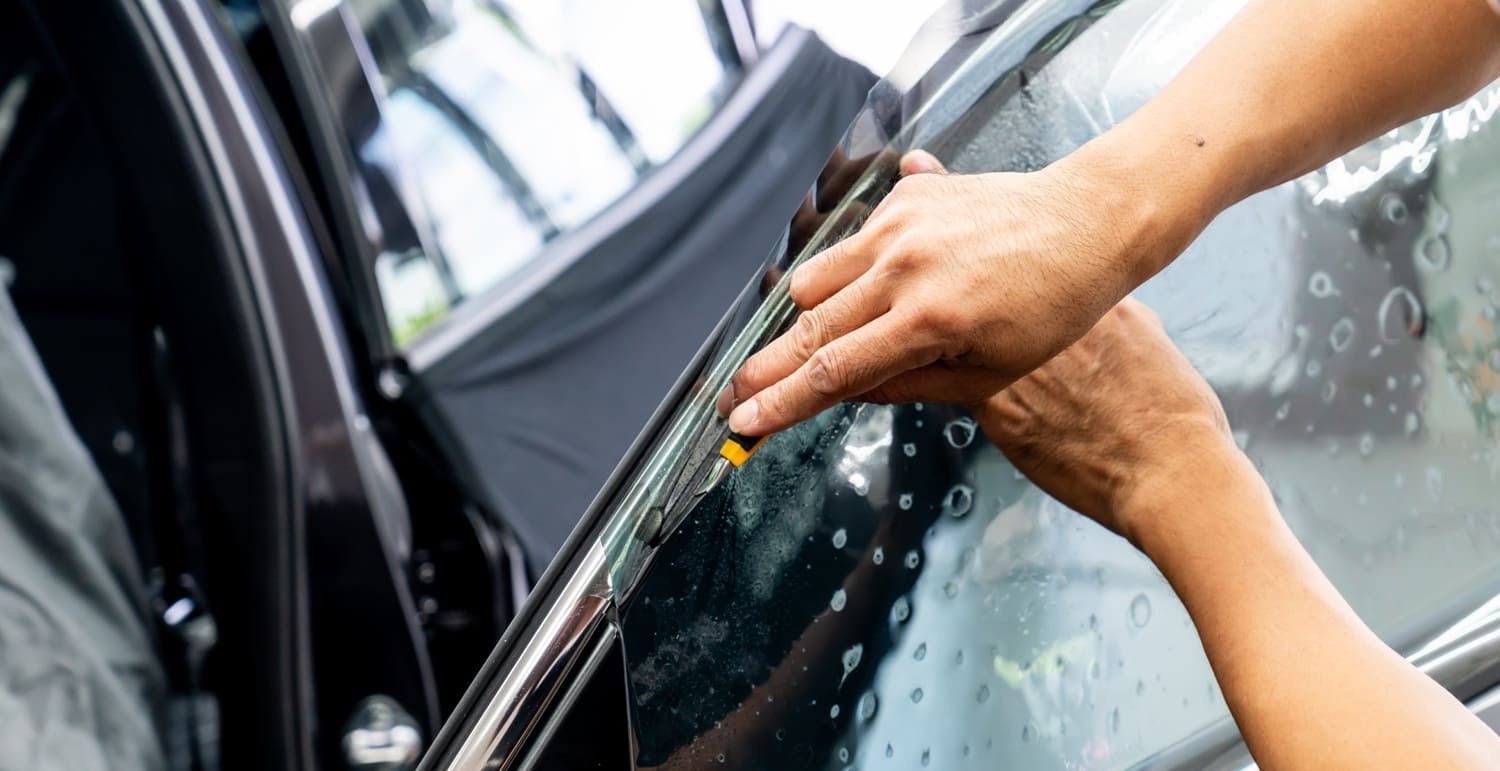Car Window Tinting Laws in Florida: What’s Legal and What’s Not?
Adhering to these laws ensures that you can enjoy the benefits of window tinting without facing legal repercussions. With the intense Florida sunshine, many residents opt for window tinting to protect their interiors and enhance comfort, but understanding the specifics of the law can prevent costly mistakes. In addition, knowing the legal requirements can help you make informed decisions when selecting a tinting service or product, ensuring you get the most value from your investment.
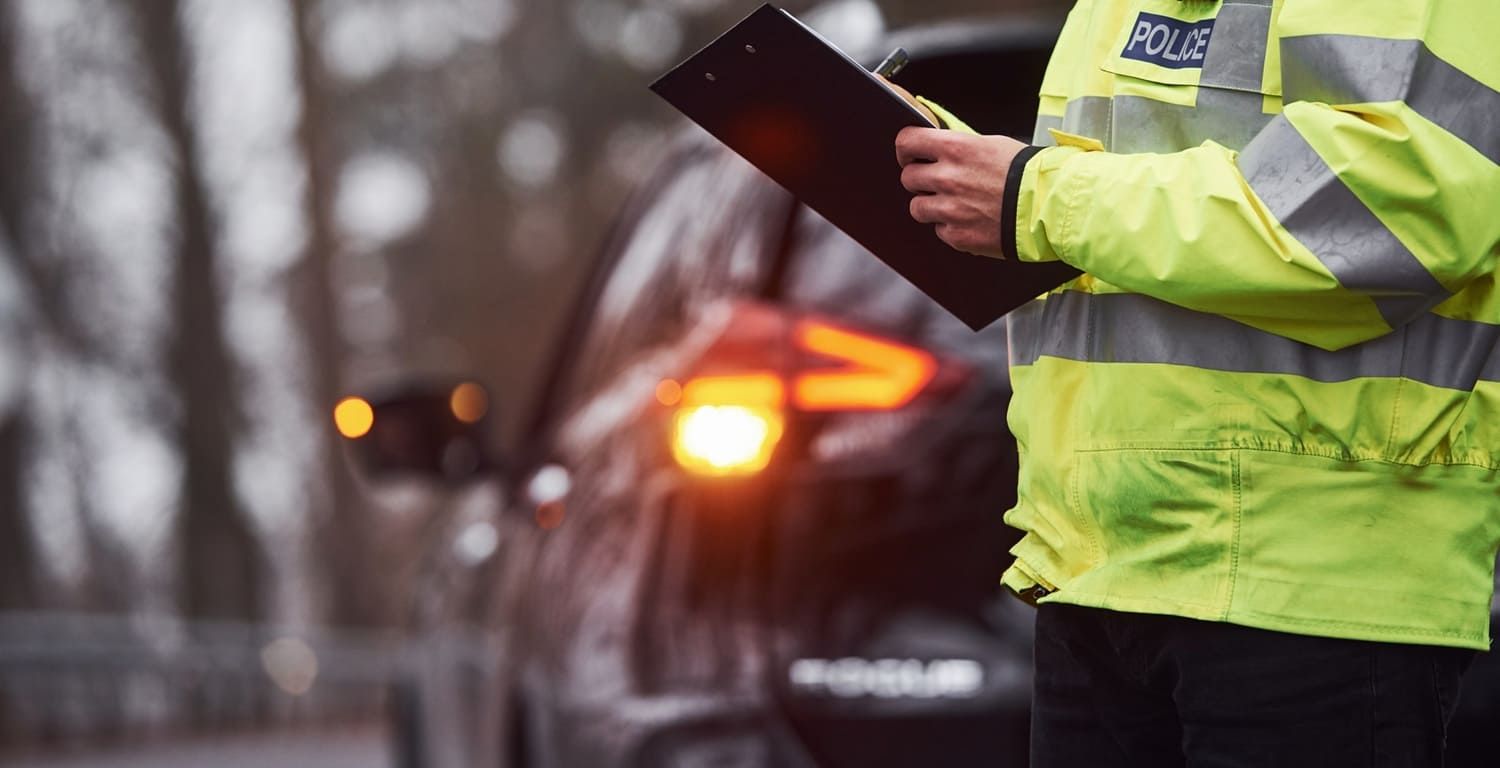
What is Window Tinting?
Window tinting involves applying a thin film to the interior side of a car's windows. This film can vary in color and thickness, offering different levels of visibility and protection against UV rays. While tinting can be beneficial, it is regulated by law to ensure safety and visibility on the road. The film is designed to adhere seamlessly to the glass, providing a sleek look while serving functional purposes such as reducing heat and deterring theft.
The process of window tinting has evolved over the years, with advancements in technology offering better performance and durability. High-quality films can enhance the aesthetic appeal of your car while providing additional benefits such as glare reduction and increased shatter resistance. It's crucial to understand the types of films available and their respective pros and cons to make an informed choice that aligns with both your needs and legal requirements.
Florida Tint Laws: The Basics
Florida's window tint rules are in place to ensure drivers have adequate visibility while maintaining a balance between privacy and safety. Here's what you need to know about the legal restrictions for car window tinting in the Sunshine State. These rules are designed to prevent accidents by ensuring drivers can see clearly, particularly in the bright and often blinding Florida sunshine.
Visible Light Transmission (VLT)
The primary measure for window tinting laws is VLT, or Visible Light Transmission. This percentage indicates how much light can pass through your window tint. A lower VLT means less light is passing through, which results in darker windows. Understanding VLT is crucial because it directly impacts not only the appearance of your vehicle but also its compliance with state laws.
- Front Side Windows: In Florida, the law requires that front side windows allow more than 28% of light in. This ensures that drivers have a clear view of the road and their surroundings, which is critical for safety.
- Back Side Windows: These can be tinted darker, permitting more than 15% of light. This allows for greater privacy for passengers and protection against UV exposure.
- Rear Window: The rear window also needs to allow more than 15% of light. This is especially important for visibility when reversing or when other drivers are attempting to see through your vehicle.
- Windshield: Non-reflective tint is allowed above the manufacturer's AS-1 line, which is typically the top five inches of the windshield. This area is critical for blocking direct sunlight without impairing the driver's field of vision.
Reflective Tint
Reflective tint can help reduce heat and glare by reflecting incoming light. However, Florida has specific rules for reflectivity to ensure that your vehicle's appearance does not pose a distraction to other drivers or reduce visibility.
- Front Side Windows: Must not be more than 25% reflective. This balance helps reduce glare from the sun while maintaining a standard level of outward visibility.
- Back Side Windows: Must not be more than 35% reflective. This allows for effective heat reduction without compromising safety or attracting undue attention from law enforcement.
Exemptions and Special Cases
Certain medical conditions may qualify for exemptions from the standard tinting laws. Drivers can apply for a medical exemption that allows for a darker tint if they have conditions like lupus, photosensitivity, or skin cancer. Documentation from a physician is required to apply for this exemption. This ensures that individuals with genuine health needs can protect themselves without violating the law.
In special cases, such as vehicles used by law enforcement or government agencies, different tinting standards may apply. These exemptions are typically granted for safety and security reasons, highlighting the importance of contacting local authorities if you believe your situation warrants special consideration. Always ensure that any exemption is properly documented to avoid misunderstandings during traffic stops.
Consequences of Illegal Tinting
Failing to comply with Florida's window tint laws can result in fines and penalties. If your vehicle is found with illegal tinting, you may be issued a non-moving violation ticket. It's important to note that repeated offenses can lead to increased fines and more severe consequences. These penalties are in place to encourage compliance and maintain safety standards on the road.
How to Avoid Penalties
- Check Tint Levels: Before tinting, ensure that the film's VLT complies with state laws. This simple step can save you from legal hassles and financial penalties.
- Professional Installation: Opt for professional services when installing window tints. They are more likely to be familiar with local regulations and can ensure compliance. Professionals also offer warranties and high-quality materials that ensure long-term satisfaction.
- Regular Inspection: Periodically check your tint levels, especially if you have purchased a used car or moved from a different state with different laws. Regular inspections can alert you to any changes in the tint's effectiveness or legal status, allowing you to make timely adjustments.
Finding the Right Car Window Tinting Service
When searching for "car window tinting near me," it's vital to choose a reputable service provider. Here are some tips to ensure you receive quality service while adhering to legal requirements:
Research and Reviews
Start by researching local tinting services and reading reviews from previous customers. This will give you an idea of the quality of their work and customer satisfaction. Online platforms, word-of-mouth recommendations, and social media can all be valuable resources in gauging the reliability of a service.
Look for consistent positive feedback regarding both the product and customer service. A service provider with a solid reputation is more likely to offer the expertise and support necessary to meet your tinting needs while ensuring compliance with legal standards.
Certified Technicians
Ensure that the technicians are certified and experienced in applying window tints. They should be knowledgeable about Florida's tinting laws and able to provide guidance on compliant options. Certified technicians are trained to handle various types of films and installation techniques, ensuring a perfect fit and finish.
A certified technician can also offer advice on maintenance and care, helping you extend the life of your tint and maintain its appearance. It's worth asking potential service providers about their certifications and experience to ensure you're entrusting your vehicle to capable hands.
Warranty and Aftercare
Choose a service that offers a warranty on their tinting products and installation. This can provide peace of mind and coverage in case of any issues with the tint film. Additionally, ask about aftercare recommendations to ensure the longevity of your window tints. Warranties often cover issues like peeling or bubbling, which can occur if the film is not applied correctly.
Aftercare advice might include tips on cleaning and maintenance, as well as recommendations for products that won't damage the tint. A service that offers comprehensive aftercare support demonstrates a commitment to customer satisfaction and product longevity.
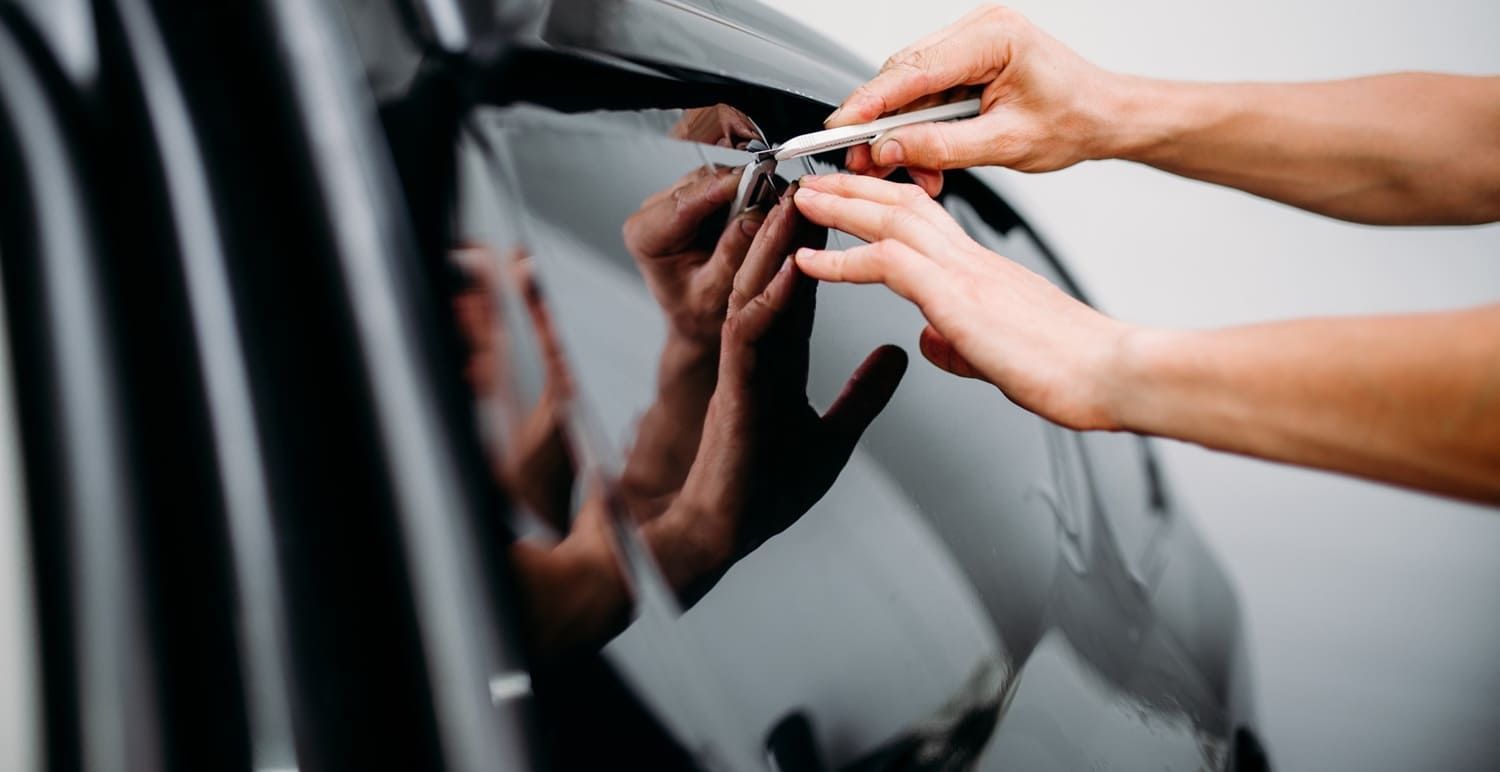
Benefits of Legal Window Tinting
While following the law is crucial, legal window tinting also offers numerous benefits. These advantages go beyond compliance, enhancing both the safety and comfort of your driving experience.
UV Protection
Tinted windows can block up to 99% of harmful UV rays, protecting both you and your vehicle's interior from sun damage. This protection helps maintain the condition of your car's upholstery and dashboard, reducing fading and cracking over time.
UV protection is especially important for safeguarding your skin during long drives, as prolonged exposure to UV rays can increase the risk of skin cancer. Legal tinting provides a practical solution for minimizing these risks while enhancing your car's aesthetics.
Heat Reduction
Tinting can significantly reduce the heat inside your car, making it more comfortable, especially during Florida's sweltering summers. By cutting down on heat build-up, window tints can also reduce the need for air conditioning, potentially improving fuel efficiency.
A cooler interior not only enhances comfort but also protects sensitive electronics and materials from heat damage. This makes tinting a wise investment for preserving your car's value and longevity in a hot climate.
Enhanced Privacy
Legal tinting provides an added layer of privacy, preventing prying eyes from peering into your vehicle. This is particularly beneficial for securing personal belongings and ensuring peace of mind while parked in public areas.
Privacy tints can also deter potential thieves by obscuring the view of your car's interior, making it less of a target for break-ins. This added security is a key reason many vehicle owners choose to tint their windows.
Glare Reduction
By reducing glare from the sun and headlights, tinted windows can improve your driving comfort and safety. Less glare means better visibility, reducing eye strain and the risk of accidents, particularly during dawn and dusk.
Glare reduction is particularly beneficial for long-distance drivers or those frequently navigating busy roads. It allows for a more relaxed driving experience, enhancing focus and reaction times.
Conclusion
Navigating the car window tinting laws in Florida is essential for any vehicle owner considering tinting. By understanding these laws and ensuring compliance, you can enjoy the benefits of tinted windows without the risk of fines or legal issues. Always opt for professional installation and choose a reputable service provider to achieve the best results. Remember, legal tinting not only enhances your car's appearance but also offers valuable protection and comfort.
At ALL ABOUT TINT, we are a trusted LLumar SelectPro Dealer, providing premium window tinting services in St. Augustine, FL. Our expert team ensures that your tint complies with Florida laws while delivering superior performance and style.
In summary, always verify the VLT and reflectivity levels before tinting, consider any exemptions you may qualify for, and choose a trusted "car window tinting near me" service like ALL ABOUT TINT. Contact us today for a free estimate, and let us help you enjoy the benefits of professional window tinting while staying within the legal boundaries set by Florida law. Staying informed and proactive ensures that your vehicle remains both stylish and compliant, safeguarding your investment and driving experience.


